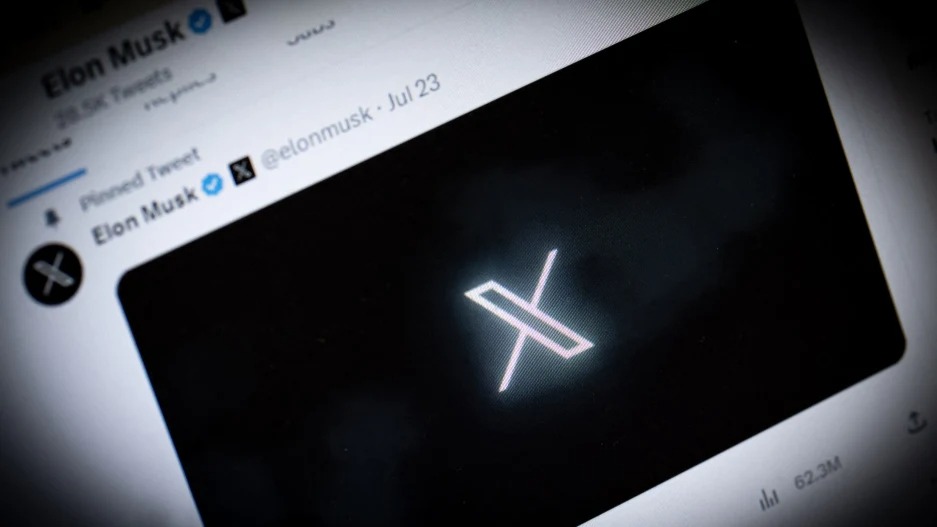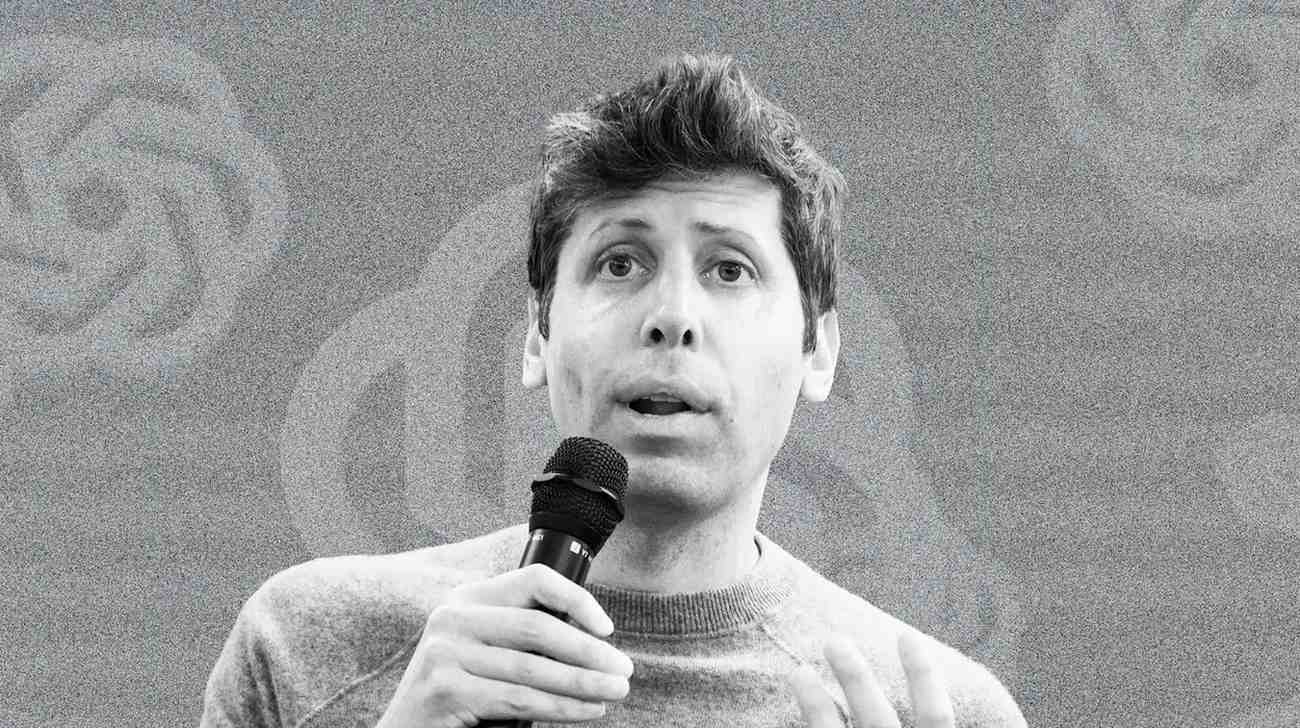- | 9:00 am
Twitter’s rebrand to X is destined to fail, critics say
Tech companies can’t compel people to change what they call platforms. Ask Facebook.

It’s official: Elon Musk has rebranded Twitter as “X.”
One of the more baffling brand exercises in recent memory came on Monday, when Musk renamed and restyled the company he bought last year for $44 billion. Though the domain X.com directs users to Twitter’s homepage and many users are still seeing the traditional bird branding in the app, but the goal is clear: Twitter CEO Linda Yaccarino said over the weekend that X will be “centered in audio, video, messaging, payments/banking,” and will be powered by AI.
Unfortunately for Musk (and Yaccarino), prior precedent would suggest it’s not going to be that easy to get the rest of the world to go along with a rebrand.
“It’s brand suicide,” says Jenn Takahashi, the founder of public relations firm Takahashi PR, who has been documenting Twitter’s slow decline under Musk under the Best of Dying Twitter profile. “It will probably be the dumbest thing he’s done since taking over, and considering everything he’s done over the past few months, that’s saying a lot.”
Twitter has managed to drill its way into the collective consciousness over the last 17 years, and has its own unique vernacular for the actions users take on the site. That vernacular—and that brand—has stuck. You only need to look at the contortions Twitter competitor Bluesky made to try and get people not to call posts on their platform “skeets,” or the fact that Threads parent company Meta had a set of social media-friendly images outlining their wishes that posts on Threads be called posts as soon as they launched.
The move “makes no sense,” tweeted True Ventures partner emeritus Om Malik. “I mean, what is the name ‘Twitter’ then. And why should you ‘tweet?’” By rebranding Twitter as X, Musk breaks the connection between the name of the platform and what people do on it. It seems unlikely that people will refer to sharing Xs or re-Xing any time soon. (Contacted to comment for this story, Twitter’s press office email autoresponded to say “We’ll get back to you soon.”)
Yet Musk still seems keen on foisting X branding on everything. The grand ambition stems from his first company, payments firm X.com, which brought him his initial fortune, and lingers on via the Twitter rebrand and the launch of his new AI company xAI. Musk fans will point to the fact that the media—as evidenced by this very story—now refers to Zuckerberg’s company as Meta (rather than Facebook) as evidence that Twitter’s rebrand to X could work. However, that overlooks the fact that journalists are, by nature of their jobs, required to call companies (and people, for that matter) by their latest, official names. It also overlooks the fact that the majority of the public still calls Zuckerberg’s company Facebook. Likewise, Google’s 2015 rebranding of its parent company to Alphabet is one that both journalists and the general public have by now essentially ignored.
Malik tells Fast Company that the rebrand makes even less sense than Facebook’s rebranding to Meta. “At least Facebook believed in Metaverse,” he says. “X has no correlation with Twitter and the verb that goes with it—tweeting. All I can say is this is yet another step in the ongoing self-mutilation of a brand and a company that is far less valuable today when Elon paid for it. And a lot of it is no one’s fault except for his own.”
There may be some tiny hints at method to Musk’s madness, even if it’s ultimately doomed to fail. “From start to finish Musk has been intent on burning down any evidence that someone was there before him because it serves to suggest that someone other than him has helped form his product,” says Bruce Daisley, who was vice president of Twitter in Europe, the Middle East, and Africa between 2015 and 2020. “It speaks to a fragile ego and an appalling instinct for branding.”
As for Musk’s repeated claims that this is a grand plan to create the “super app” he hinted at before launching his bid to purchase Twitter? “Musk has been trying to do X as a company since the last century, since before PayPal,” says Anil Dash, an entrepreneur and board member for the Electronic Frontier Foundation. “It’s an attempt to create a grand narrative that this is all part of one big plan, which is obviously bullshit because it’s obvious everyone at Twitter right now is just reacting to his whims.”
Dash says that with a name change or not, things don’t look good for the future of Twitter—or X. “They took one of the best-known brands, with a logo that’s literally painted onto buildings or printed on billboards around the world . . . and they’re going to replace it with something completely unbranded except for Musk’s ego,” he says. “Just as every mention of Alphabet still says Google, and every mention of Meta still says Facebook, every mention of X will still say Twitter until both are irrelevant.”







































